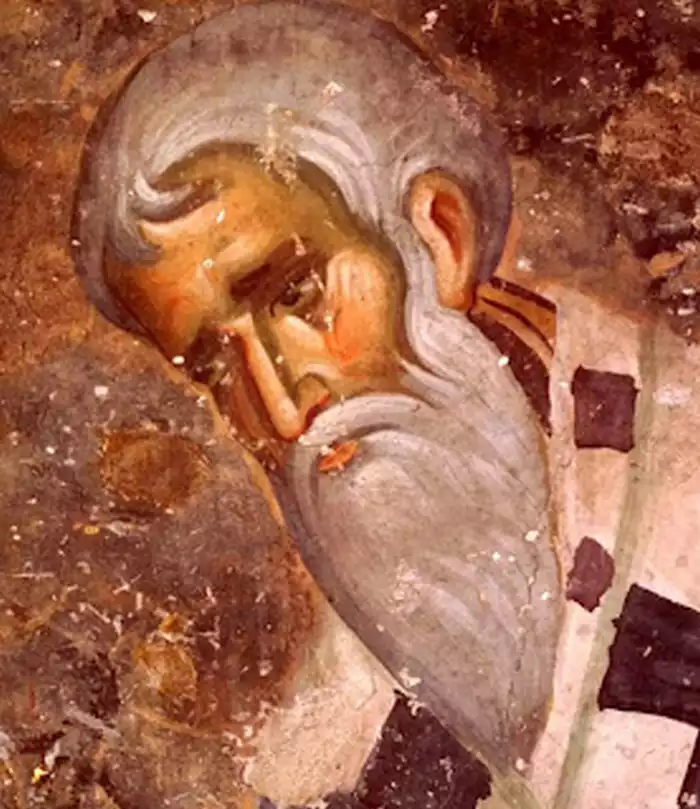
The Eastern Orthodox Patriarchate of Antioch, one of the ancient Pentarchy’s five sees, holds a pivotal position in the history and development of Eastern Orthodox Christianity. Established in the early Christian era, the Patriarchate has a rich and complex history, deeply interwoven with the cultural and religious evolution of the Near East.
Origins and Early Influence
Tracing its origins to the Apostolic Age, the Eastern Orthodox Patriarchate of Antioch was founded according to tradition by St. Peter before his journey to Rome. This early establishment makes it one of the earliest Christian centers, alongside Jerusalem, Rome, Alexandria, and Constantinople. The Patriarchate’s influence expanded rapidly, flourishing as a hub for theological scholarship and ecclesiastical governance.
In the formative years of Christianity, Antioch played a crucial role in the religious and cultural exchange between the Hellenistic world and the Near East. It became renowned for its theological schools, where prominent church fathers like St. John Chrysostom and St. Ignatius of Antioch contributed significantly to Christian doctrine and liturgy. These early theologians were instrumental in shaping the doctrinal foundations of the Eastern Orthodox Church, emphasizing the divinity and humanity of Jesus Christ, a cornerstone of Christian theology.
Moreover, the Patriarchate was a central player in the first ecumenical councils, which were pivotal in defining orthodox Christian beliefs and countering heresies. Its bishops actively participated in these councils, aiding in the establishment of doctrines such as the Nicene Creed, which remains a fundamental statement of faith in Christianity.
The Eastern Orthodox Patriarchate of Antioch also played a significant role in missionary work, spreading Christianity beyond the Roman Empire’s borders. Its missionaries ventured into Persia, India, and even China, establishing the faith in diverse cultural contexts. This missionary zeal not only expanded the Christian faith but also facilitated cultural exchanges, enriching both the church and the societies it reached.
Throughout its history, the Patriarchate faced numerous challenges, including persecution, political upheaval, and theological controversies. These trials tested the resilience and adaptability of the church, shaping its character and strengthening its commitment to its foundational beliefs.
The Eastern Orthodox Patriarchate of Antioch, with its profound historical roots and influential role in early Christianity, stands as a testament to the enduring legacy and dynamic nature of the Eastern Orthodox Church. Its contribution to Christian theology, liturgy, and missionary work underlines its central place in the history of Christianity.
Contemporary Role and Ecumenical Relations
In the contemporary landscape, the Eastern Orthodox Patriarchate of Antioch continues to be a vital force in Eastern Orthodoxy. It actively engages in ecumenical dialogues, fostering unity among Christian denominations. This engagement is reflective of its historical role as a bridge between various cultures and religious traditions. The Patriarchate’s commitment to these dialogues highlights its dedication to Christian unity and understanding, embodying the spirit of cooperation and mutual respect.
The Patriarchate also plays a significant role in addressing modern challenges facing the Orthodox community. It provides spiritual guidance and support to its faithful, particularly in regions affected by conflict and political instability. Its humanitarian efforts, often undertaken in collaboration with other organizations, exemplify the church’s commitment to social justice and aid for the needy.
Furthermore, the Patriarchate continues to nurture its rich liturgical and theological traditions, preserving the heritage of Eastern Orthodoxy. Its leadership in theological education, through seminaries and institutes, ensures the continuity of its theological and liturgical legacy.
The Eastern Orthodox Patriarchate of Antioch, with its enduring historical significance and active role in contemporary religious and social issues, remains a cornerstone of Eastern Orthodox Christianity. Its ongoing commitment to ecumenical dialogue, humanitarian efforts, and preservation of tradition exemplifies its dynamic and influential presence in the global Christian community.
References
- Fitzgerald, Thomas. The Orthodox Church. Greenwood Press, 2008.
- Harrington, Peter. Eastern Christianity and Politics in the 21st Century. Routledge, 2014.
- Meyendorff, John. Orthodox Church: Its Past and Its Role in the World Today. St. Vladimir’s Seminary Press, 1981.
- Parry, Ken. Blackwell Companion to Eastern Christianity. Blackwell Publishing, 2010.
- Ware, Timothy. The Orthodox Church: New Edition. Penguin Books, 1997.
